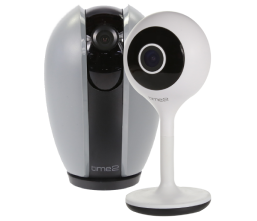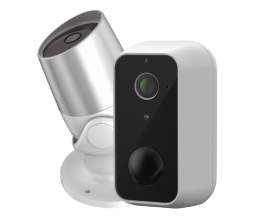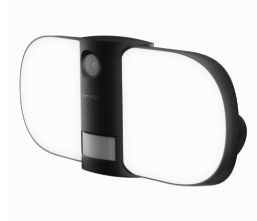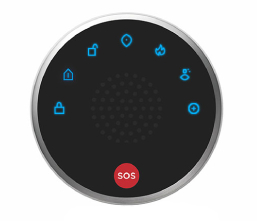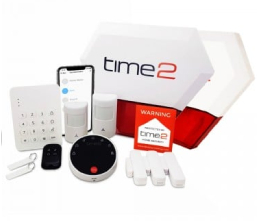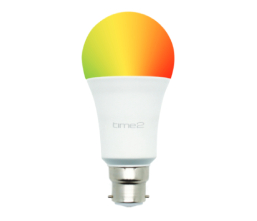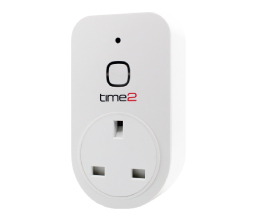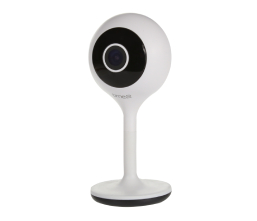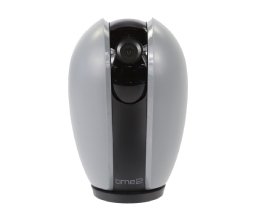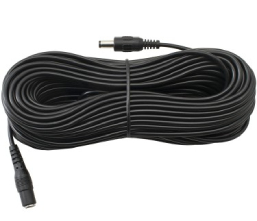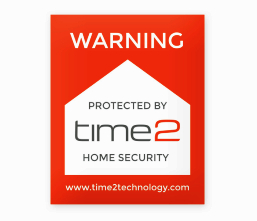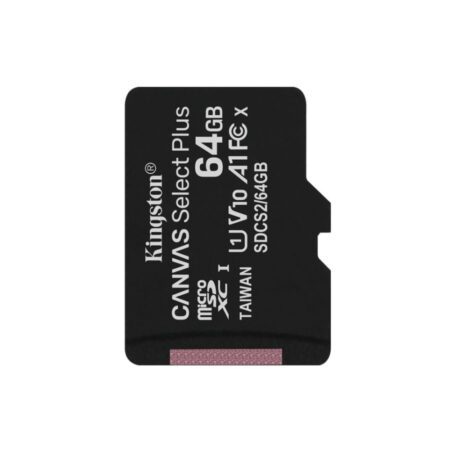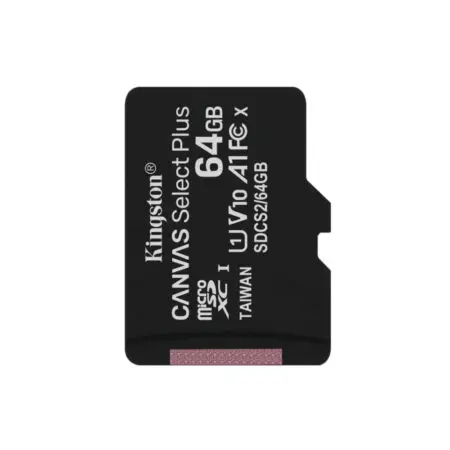A good burglar alarm has the power to deter intruders. Therefore, a common question typed into Google is “What is the best type of home alarm system?” as potential customers search for a solution that suits them. Homeowners want to ensure they are best protected against the ongoing risk of home invasion and theft.
To consider what type of alarm is best, let’s consider what a good alarm system needs to do. First and foremost, an alarm system needs to deter thieves from even attempting your property or cause them to panic and flee the scene when the alarm is triggered.
The alarm that is right for you will depend on the level of security you are looking for and how much you are prepared to pay for it. When considering what alarm to get, it is worth considering what sort of response there would be if the alarm were to be triggered.
Wired v Wireless Alarms
There are some significant differences between the two alarm systems. Each has its pros and cons, which we will go into in more detail below.
Wired Alarm Systems
If you’re looking for the traditional style of alarm systems, you are probably considering a wired alarm system. You get sensors and a control panel that are hooked together. You may also opt to get a system with outdoor home security cameras added into the mix. All of them are (usually) professional installed and are wired directly back to the control panel. While the individual parts tend to be cheaper than a wireless option, the cost of the engineer required to set it all up will often outweigh this.</p
Because engineers typically fit wired alarm systems, it is common for these to come with a monitored service, which we cover below.
Once installed, wired alarm systems need little maintenance.
Wireless Alarm Systems
Wireless Alarm Systems can be truly wireless, but most require the use of an external power supply to provide a reliable service. For the most part, “wireless” alarm systems refer to Wi-Fi enabled setups that do not need to have wires fed back to your router or the central control hub.
Wireless systems tend to cost a little more to purchase, but thanks to their ease of installation, most users choose to fit them themselves, thus saving money. In addition, these systems are usually intended for the device owner to monitor the system, with apps to alert them when an event takes place, so there is no paid-for monitoring package included with the devices.
What types of Alarm system are there?
As we mentioned above, there are some differences that are common (but not exclusive) between wired and wireless alarm setups. Let’s look at what you might find.
Monitored burglar alarms.
Monitored alarm systems are alarms that have a direct phone or internet connection back to a company that is paid a monthly fee by you. They monitor thousands of properties in their alarm network. When a monitored alarm system is triggered, it alerts the company, and an employee will assess the situation and make a decision regarding whether they will contact your local police force or not. Their decision may be based on the length of time the alarm has been going off or how frequently.
Commonly, an employee in the hub will call your home and ask for a password and ensure that everything is OK. If an incorrect phrase is given or there is no answer, the company will notify a nominated key holder or the police.
Regardless of the monitoring station, your alarm will be audible in the local area, attracting attention from neighbours and passing law enforcement, which will hopefully be enough to scare away anyone trying to gain entry to your property.
The alarm can be disabled via the control panel or remotely by the monitoring station.
Bells-only alarm systems.
If you opt to not pay for a monitored solution, you may have a simple bells-only alarm system. In the same way as above, when the system detects that a sensor has been tripped, the alarm will sound until a deactivation code is entered into the alarms control panel.
This is a much cheaper option, but you get what you pay for. If the alarm goes off when you are away, it may or may not scare off criminals, but unless a neighbour calls the police, or they happen to be passing by, there is nothing in the setup that will automatically call for help.
Smart Alarm Systems
The most recent development in the alarm sector is the creation of smart alarm systems. These are available from a wide range of suppliers. Each has designed a collection of devices that work together via Wi-Fi, providing users with a versatile alarm system that they can monitor themselves from a phone, making them remote home alarm systems. Not only do users get options to include control panels, window and door sensors, external alarm boxes amd they also get the ability to add indoor and outdoor security cameras.
Through their phones and other mobile devices, users can receive notifications if any events occur, allowing them to turn the alarm on or off. They can view live footage of any movement within the property and even broadcast messages into the vicinity of any burglars, all in a bid to make them panic and leave the property, all while gathering evidence for the police or insurance companies.
The great thing about smart home security alarms in the UK (and anywhere, really) is that we all carry our phones with us everywhere we go so that we can receive alerts anywhere.
Dummy Alarm Box
Of course, if you have a super limited budget, or you are a tenant who cannot get their landlord to install an alarm system, a dummy alarm box may be better than nothing. At a glance, your property will appear to be protected by an alarm, and this may be enough to scare off the unscrupulous.
How are burglar alarms installed?
Alarm systems can be divided into two main parts. There is the central control hub. This will need to be set up first and connected to your home electronics. For wired options, this usually means wall mounting and a permanent connection that will require an electrician to install, whilst the smart wireless alarm system hub can be placed anywhere in the home and plugged into the wall.
The second main part of the system is the infrared sensors, which are what pick up motion and alert the control hub. For the hub, this will all have been done on day one by an engineer. One particular joy of the smart home alarm system is that you can add new window or door sensors, even on internal doors, any time you like. This means if there is a technology change or you have a change in your house layout, such as an extension, you can easily add to or modify the system setup.
Conclusion
Whether you opt for a wired or wireless alarm system, it is important to look at the features of what you get and how much it will cost you, both upfront and then going forward, month by month.
Get a system that suits you. If you like to play and adapt as technology changes, a smart wireless setup may be the best option for you.
Posted on 23rd Sep 2021 by NK
